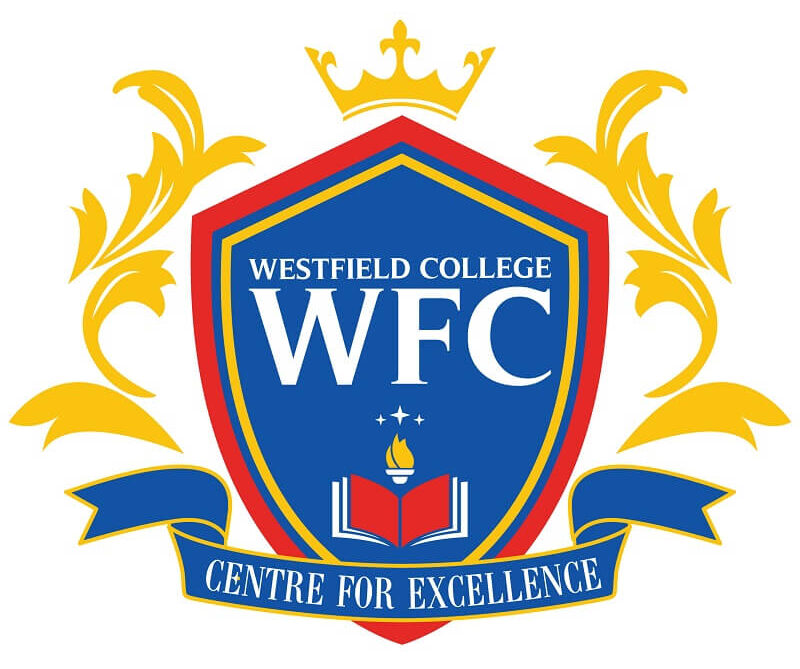Communication in Health and Social Care. Great Course. Very Easy to Understand
BA (Hons) Media, Culture and Journalism

Overview:
This media, culture, and journalism degree focuses on the relationship between the media, society and culture, and its role in understanding who we are. Mixing theory with the chance to develop strong and focused practical skills, we’ll give you a real insight into how the media works.
Thanks to this mix, our graduates have in-depth subject knowledge and strong analytical skills that are valued in the media and the creative and cultural industries.
Those teaching on our theory-based modules are world-leading researchers, while those delivering our practical modules have extensive professional experience in the media. Cardiff is at the centre of one of the UK’s most dynamic media industries. With so much going on, it’s the perfect place to study media and journalism.
Graduates from the Media, Culture, and Journalism degree go on to work for major film and TV broadcasters, distributors and educational institutions, and their research work is published globally.
Additionally, the degree has strong connections with industry that provides various masterclasses, guest talks, and work experience opportunities.
BA (Hons) Media, Culture and Journalism
Typical A-Level Offer
BCC (this is equivalent to 104 UCAS tariff points).
Typical Welsh BACC Offer
Pass the Advanced Welsh Baccalaureate Diploma with Grade C/B in the Skills Challenge Certificate and BC – CC at A Level (this is equivalent to 104 UCAS tariff points).
Typical BTEC Offer
BTEC Extended Diploma Distinction Merit Merit (this is equivalent to 112 UCAS tariff points).
Typical Access to HE Offer
Pass the Access to HE Diploma with a minimum of 104 UCAS tariff points
Additional Requirements
GCSEs: The University normally requires a minimum 5 GCSEs including Mathematics/Numeracy and English at Grade C or Grade 4 or above, or their equivalent, but consideration is given to individual circumstances
Online application form
Information requested on this form should be completed in as much detail in order to process your application successfully. All fields marked * must be completed.
Apply Now
Entry Requirements
Contextual offers
We may make you a lower offer based on a range of factors, including your background (where you live and the school or college that you attended for example), your experiences and individual circumstances (as a care leaver, for example). This is referred to as a contextual offer and we receive data from UCAS to support us in making these decisions. USW prides itself on its student experience and we support our students to achieve their goals and become a successful graduate. This approach helps us to support students who have the potential to succeed and who may have faced barriers that make it more difficult to access university. Here is a link to our Contextual Admissions Policy.
Other qualifications and experience
We can also consider combinations of qualifications and other qualifications not listed here may also be acceptable. We can sometimes consider credits achieved at other universities and your work/life experience through an assessment of prior learning. This may be for year one entry, or advanced entry to year two or three of a course where this is possible.
To find out which qualifications have tariff points, please refer to the UCAS tariff calculator.
WHAT YOU WILL STUDY
In the first year of the Media, Culture and Journalism degree, key themes in media, culture, and journalism are introduced through detailed study of the practices and theory of newspapers, cinema, television, the internet, popular music and other media forms. You will engage in discussions and workshops, and take a module introducing you to the key skills of Journalism Practice.
In the second year, you will explore in depth the relationship between media and audiences, the power of media institutions, the reach of international media and the importance of digital media. Specialist training in media research skills is available, and you can choose between optional modules in journalism or work experience.
You will complete a compulsory dissertation on a topic of your choice in your final year, and choose several modules that reflect the interests and expertise you have developed.
Year One – Media, Culture, and Journalism degree
- Practical Journalism Introduction
- Why Journalism Matters
- Contemporary Popular Television
- Understanding Communication in the Creative Industries
- Rethinking Media Theory
- Audio-Sound Cultures
Year Two – Media, Culture, and Journalism degree
- Journalism and Society
- Practical Journalism and Communication Skills
- Researching Media, Culture, and Communication
- Media Audiences and Fandom
- Digital and Social Media
- Media, Culture, and Journalism Work Experience
Year Three – Media, Culture, and Journalism degree
- Dissertation in Media, Culture, and Journalism
- International Media
- Gender, Media, and Culture
- TV Drama
- Transmedia and Media Convergence
- Media, Culture, and Journalism Professional Practice
Modules are subject to change.
Subject to revalidation
This course is subject to revalidation, this means it is under review as part of the University’s standard quality assurance and enhancement processes. Course and module content is indicative and may change through the revalidation process. As soon as the course is revalidated, the details will be confirmed and published on the University website. In the unlikely event the course does not go ahead as planned, or is significantly amended, we will write to inform you. If this happens, we’ll help you to find a suitable alternative course either at USW or at another provider.
Teaching
You will learn through lectures, seminars and workshops, with additional support materials online. This is primarily a theoretical course, though there are integrated practical elements. You will be expected to spend time reading and researching to develop your subject knowledge. A number of group projects give you the chance to develop and display your team-working skills.
Assessment
Course assessment is through regular coursework submissions, which include essays, academic posters, individual and group presentations, blogs, portfolios, interviews, podcasts, etc.
COURSE DETAILS
We regularly revalidate courses for quality assurance and enhancement
At USW, we regularly review our courses in response to changing patterns of employment and skills demand to ensure we offer learning designed to reflect today’s student needs and tomorrow’s employer demands.
If during a review process course content is significantly changed, we’ll write to inform you and talk you through the changes for the coming year. But whatever the outcome, we aim to equip our students with the skillset and the mindset to succeed whatever tomorrow may bring. Your future, future-proofed.
Additional Costs
As a student of USW, you’ll have access to lots of free resources to support your study and learning, such as textbooks, publications, online journals, laptops, and plenty of remote-access resources. Whilst in most cases these resources are more than sufficient in supporting you with completing your course, additional costs, both obligatory and optional, may be required or requested for the likes of travel, memberships, experience days, stationery, printing, or equipment.
CAREERS
Graduates from the Media, Culture and Journalism degree are sought-after in the job market because they have in-depth subject knowledge and strong analytical skills that are valued in the media industries, public relations, education, marketing and events, management and the heritage, tourism and leisure sectors.
Our Careers and Employability Service
As a USW student, you will have access to advice from the Careers and Employability Service throughout your studies and after you graduate.
This includes: one-to-one appointments from faculty based Career Advisers, in person, over the phone or even on Skype and through email via the “Ask a Question” service. We also have extensive online resources for help with considering your career options and presenting yourself well to employers. Resources include psychometric tests, career assessments, a CV builder, interview simulator and application help. Our employer database has over 2,000 registered employers targeting USW students, you can receive weekly email alerts for jobs.
Our Careers service has dedicated teams: A central work experience team to help you find relevant placements; an employability development team which includes an employability programme called Grad Edge; and an Enterprise team focused on new business ideas and entrepreneurship.
Fees
Full time
- 12 to 18 months
£7,250
You’ll study 9 modules in total (approx. 37 hrs/week).
Part time option one
- 12 to 18 months
£4,250
You’ll study 6 modules per year (approx. 25 hrs/week).
Part time option two
- 12 to 18 months
£5,500
Have a question about our professional qualifications?

Contact us about our professional qualifications
If you have any questions about our professional qualifications in finance and banking, please contact our customer services team.
Call us
- +44 (0) 203 771 5653
- admissions@westfieldcollege.co.uk
What Our Students Have To Say
Hi, I recently started Access to Higher Education Diploma (Nursing and Midwifery) course with Westfield College.
--Komal Kiran Galaria
DesignerMy experience with Westfield College is great. The supervisor and the admin team are proactive and efficient.

